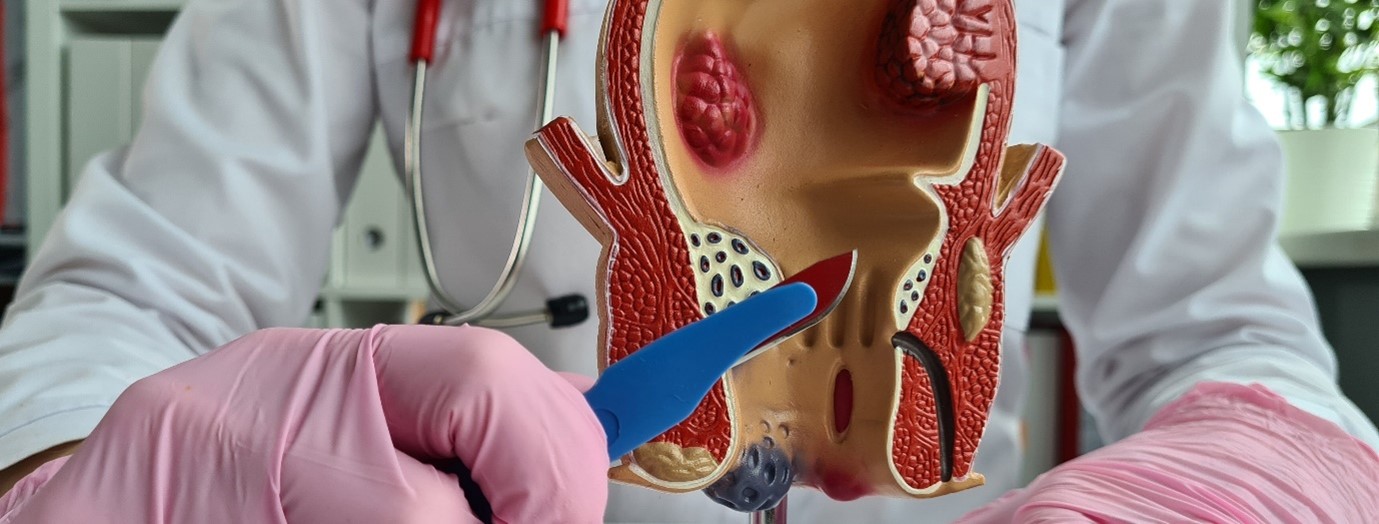Rectal prolapse surgery, or rectopexy, is a procedure designed to correct the condition where the rectum slides into or out of the anus.
This can occur due to
- Aging
- Pregnancy
- After certain illnesses or injuries
Though not a medical emergency, untreated rectal prolapse can worsen over time, leading to Pain, Incontinence, or other complications.
Rectal prolapse affects about 0.5% of the population, predominantly those over 50 and individuals assigned female at birth.
Surgical Approaches and Preparations
Rectal prolapse can be addressed through abdominal or perineal surgeries, depending on factors like the patient's overall health, age, and the severity of the prolapse.
Standard procedures include
- Abdominal rectopexy, which may involve a bowel resection
- Perineal procedures like the Altemeier and Delorme's procedures.
Preparation typically involves
- Clear liquid diet
- Cessation of certain medications
- Bowel cleansing
Risks and Benefits of Rectopexy
The primary benefit of rectopexy is the practical and permanent correction of rectal prolapse, which can prevent serious complications such as
- Gangrene
- Ulcers
- Faecal incontinence
However, like all surgeries, rectopexy carries risks, including the potential for
- Bleeding
- Infection
- Anastomotic leak
- Sexual dysfunction post-surgery
The choice between abdominal and perineal approaches often depends on patient-specific factors like age, gender, and existing health conditions.
Recovery and Success Rates
Recovery times can vary; patients may spend a few days to a week in the hospital post-surgery, with full recovery taking a few weeks to several months.
The success of the surgery often depends on the approach taken, with abdominal rectopexy showing lower rates of prolapse recurrence compared to perineal approaches.
Patients are advised to manage diet and bowel habits post-surgery to aid recovery and reduce the risk of constipation.
When to Consult Your Doctor
Postoperative care is crucial, and patients should monitor for symptoms such as
- Excessive bleeding
- Severe constipation
- Indications of infection like redness and fever at the surgical site.
Any indication of a recurring prolapse should be addressed immediately with your doctor. Effective communication and timely intervention can significantly improve outcomes and enhance quality of life post-surgery.
Reach Out for Expert Care: Contact Our Specialists to Discuss Your Surgical Options.



